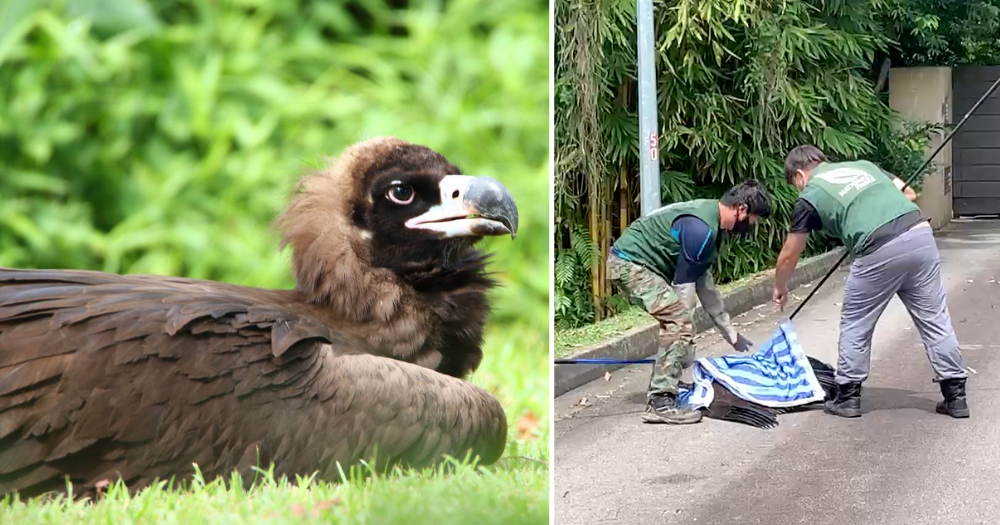Follow us on Telegram for the latest updates: https://t.me/mothershipsg
The never-before-seen Cinereous vulture crash landed and was rescued by the National Parks Board (NParks) on Dec. 30.
Will be released after recuperation
In response to Mothership's queries, Group Director of Wildlife Management at NParks Adrian Loo provided a statement.
Loo said that NParks was alerted on Thursday morning to a Cinereous vulture that was reported to be in a weakened state at Cornwall Gardens.
NParks staff located and retrieved the bird for veterinarians to examine, and no visible injuries were found.
"The bird was later brought to Jurong Bird Park for veterinary care," said Loo.
"It will be released when it has recuperated sufficiently," he added.
Landed on a grass patch
A birder named Martin shared a video of the rescue by NParks staff with Mothership.
The bird flapped its wings and slowly shuffled away from the NParks staff, but was unable to take flight.
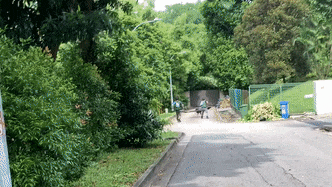 Video by Martin T.
Video by Martin T.
After securing the bird with a tarp and gloves, the NParks staff picked the vulture up and carried the bird into their van.
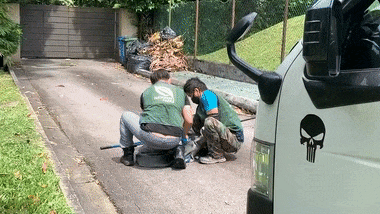 Video by Martin T.
Video by Martin T.
Martin had spent the morning tracking the flock of vultures between Singapore Botanic Gardens and Holland Village.
Then, just before noon, he found the Cinereous vulture lying down on a grass patch at 52 Cornwall Garden near Farrer Road MRT.
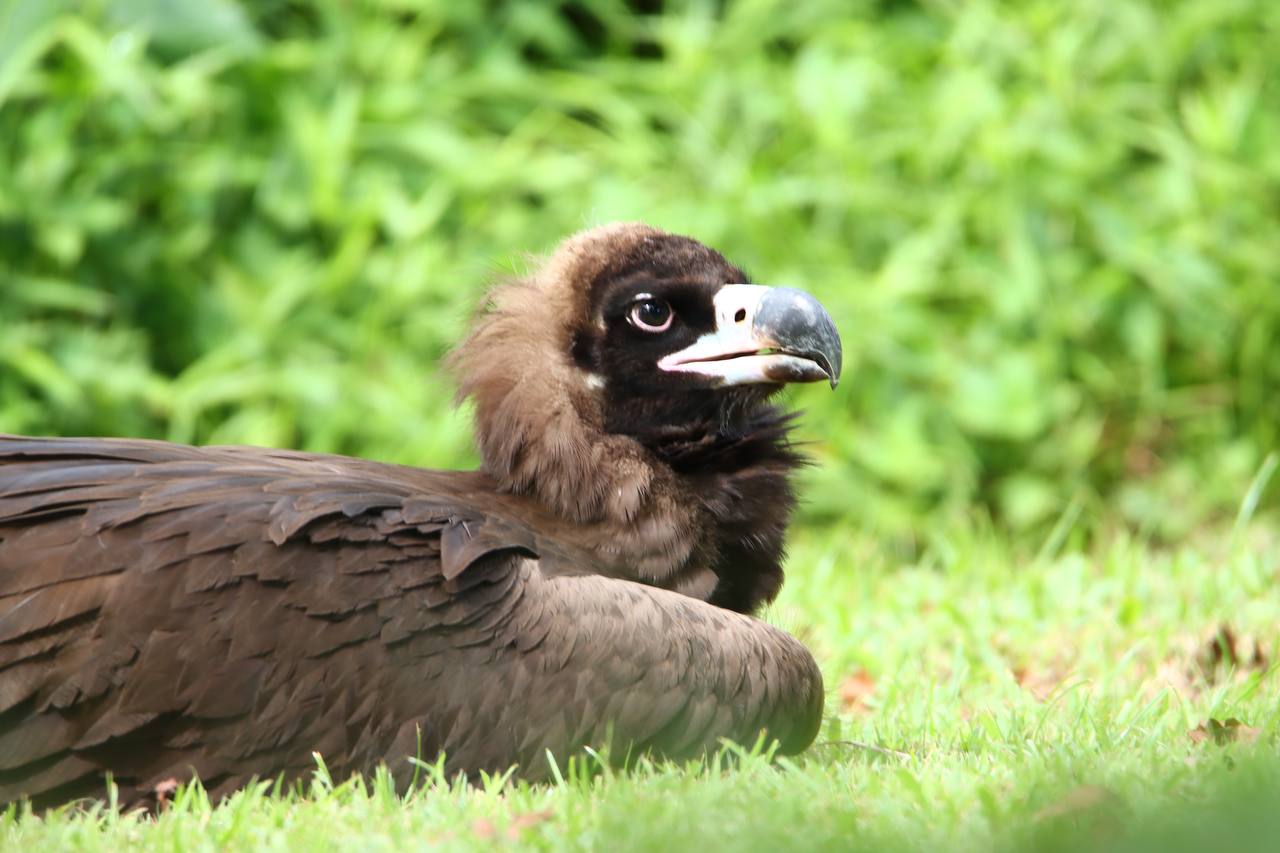 Image by Martin T.
Image by Martin T.
Martin told Mothership that when he spotted the bird, it appeared to be extremely exhausted, and was barely moving.
He made the call to NParks at 11:27am, and the team arrived in less than 20 minutes.
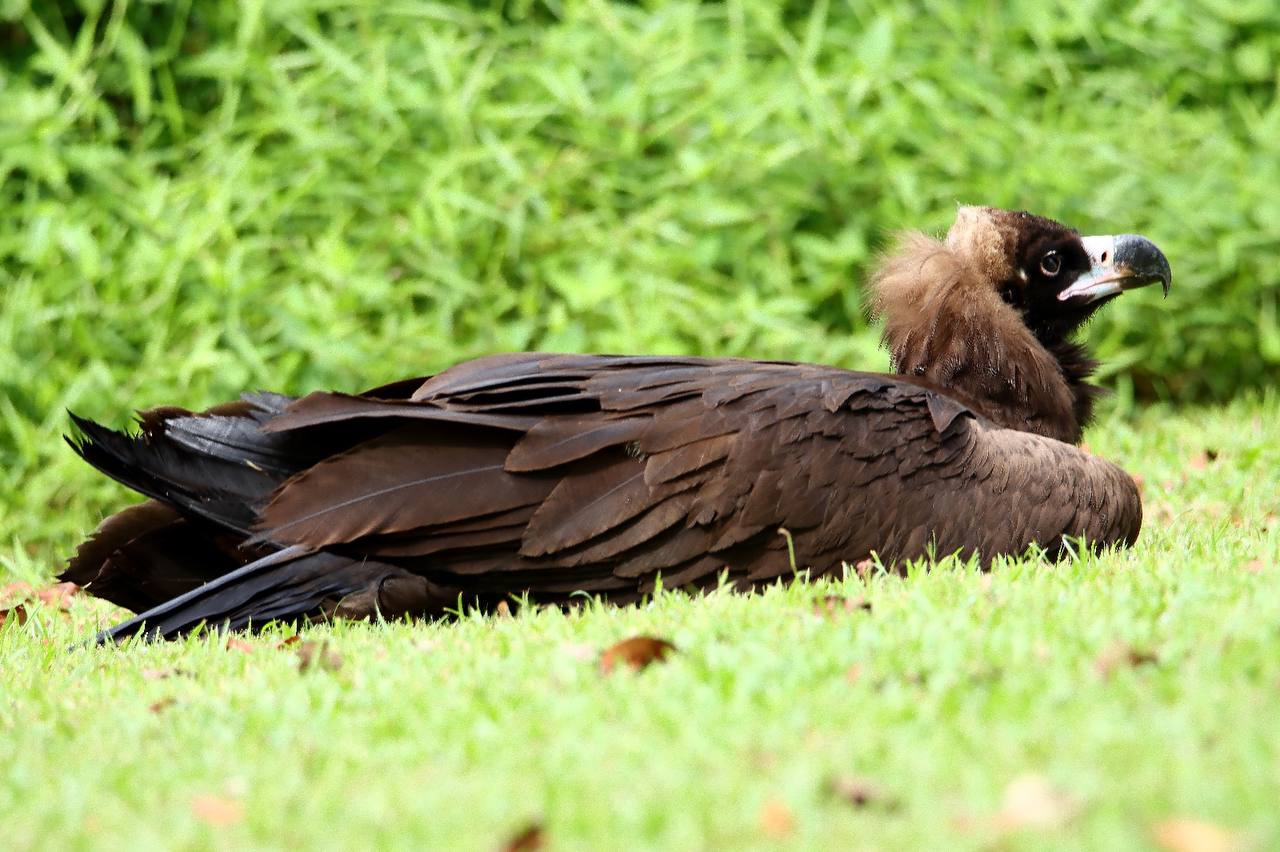 Image by Martin T.
Image by Martin T.
Lack of food in Singapore
Birders in Singapore spotted a committee of five Himalayan Griffon vultures and one Cinereous vulture perched on a tree in Singapore Botanic Gardens on Dec. 29.
Singapore Birds Project member Movin Nyanasengeran told Mothership that the vultures will definitely face issues finding food in highly-urbanised Singapore.
Loo said that these vultures, like most vultures, are scavengers that primarily feed on animal carcasses.
"They are also unlikely to prey on people or live animals." he said.
The Cinereous vulture is native to Europe and northern Asia, and usually winters to northern India, the Middle East and occasionally South Korea.
According to Movin, "the vultures we get in Singapore are usually disoriented young birds, which most likely they overshot their regular wintering ranges in Thailand and flew down the peninsula."
"And it’s suspected that these individuals might be young birds that undertake post-breeding dispersal moving out of where they were raised," he added.
Top images by Martin T.
If you like what you read, follow us on Facebook, Instagram, Twitter and Telegram to get the latest updates.
